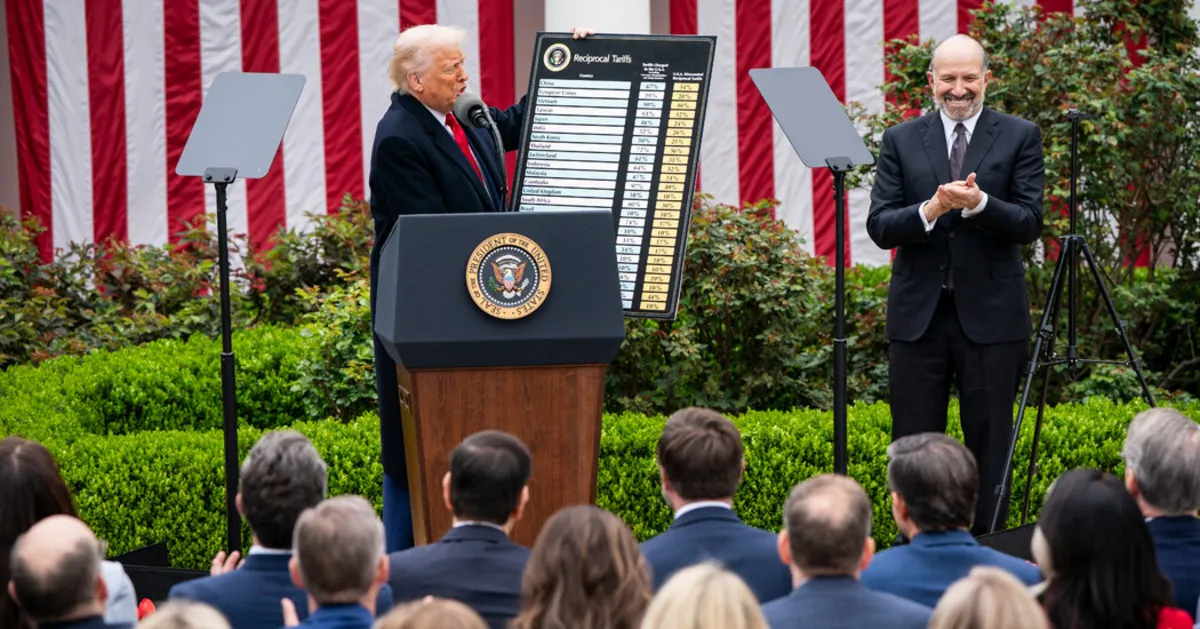
In recent months, countries around the globe have made significant efforts to avert new tariffs that could adversely impact their economies. In a bid to appease President Trump, nations like Indonesia, Thailand, and Japan have proposed various initiatives to strengthen trade ties with the United States.
Indonesia, for instance, stepped up by offering to purchase an additional $34 billion in U.S. crops and fuels. Meanwhile, Thailand expressed its willingness to reduce several of its own trade barriers and to acquire more U.S.-made planes. Japan, on the other hand, indicated a commitment to increase its imports of liquefied natural gas over the next two decades. Despite these gestures aimed at mitigating trade tensions, the approach taken by President Trump did not significantly change as the self-imposed deadline of July 9 approached.
In a series of letters posted online, President Trump reiterated his stance on trade relations, particularly with Asian countries. These letters, which were largely similar in content and tone, echoed messages sent in April, before he granted a 90-day grace period for negotiations aimed at achieving more balanced trade agreements. In his correspondence, Trump emphasized the need to address persistent trade deficits, stating, “We have had years to discuss our Trading Relationship with Thailand, and have concluded that we must move away from these long-term and very persistent trade deficits engendered by Thailand’s tariff and non-tariff policies and trade barriers.”
This fresh round of communication has left many nations—most of which are longstanding allies of the United States—pondering their future interactions with the world’s largest consumer economy. As negotiations over trade conflicts remain complex and deadlines are often extended without warning, the question arises: how will these countries navigate their relationships with the U.S. moving forward?
Industry experts have voiced their concerns regarding the implications of the current trade climate. Manu Bhaskaran, chief executive of Centennial Asia Advisors, remarked, “Many in Asia are going to ask, ‘Is this how the U.S. treats its friends?’” He further cautioned that the crude threats and harsh language used in these negotiations could lead to “permanent damage to American standing and interests in Asia and elsewhere.”
As countries continue to grapple with the effects of proposed tariffs and the evolving landscape of international trade, the balance of power and economic relationships may shift in unexpected ways. The commitment of nations like Indonesia, Thailand, and Japan to engage with the U.S. highlights a delicate dance of diplomacy amid rising tensions, underscoring the importance of clear communication and mutual respect in international trade relations.